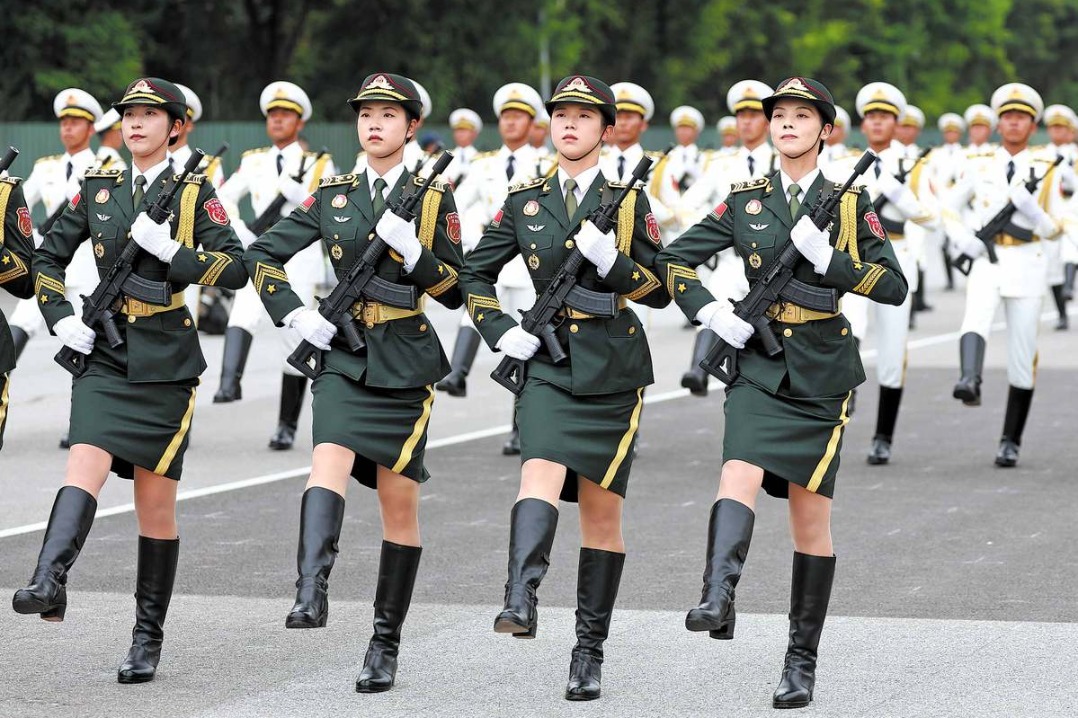Proper rules vital to healthy realty sector


The ever-rising housing prices have been tamed thanks to the intensive macro-control measures of local governments. In fact, housing prices have either fallen or increased at a much slower rate in 70 big or medium-sized cities because of the purchase restrictions imposed on homebuyers in many first-and second-tier cities.
In October, the 19th National Congress of the Communist Party of China reiterated that houses should be for living in, not speculation, reflecting the central leadership's determination to maintain stability in the realty market. Which in turn suggests the macro-control policy for the property market in first and second-tier cities will continue, especially because speculation is still evident in some regions-although the introduction of further control policies will be slowed down.
After a new round of increase in demand, the housing stocks in third-and fourth-tier cities have remarkably reduced, and because of the overdrawn demand in 2017, next year will see sluggish growth in demand. The macro-control policy has also facilitated the structural adjustments in the real estate sector, including fewer land transactions and new construction.
Next year, the real estate market will face several challenges, such as tightening policies, lower investment and slowing housing sales, and given the difficulty in transforming shantytowns, the pace of such development will gradually slow down from 2018 to 2020.
There are some positive signals, too. For instance, more rental houses are likely to be built, the land reserve may become relatively adequate and the macro-economy is expected to gradually stabilize.
Also, property development and investment growth next year will be lower than this year, the real estate market will remain stable and the difference in regional markets will persist.
Since the trend of rising housing prices has been more or less checked, the authorities should now focus on deepening housing market reform. To begin with, they should transform the short-term measures into long-term policies, in order to consolidate the results of macro-control policy and stabilize the market.
At its meeting on Dec 8, the Political Bureau of the CPC Central Committee listed "accelerating housing system reform and construction of long-term mechanism" as one of the key tasks next year. In comparison with last year's decision-"accelerating studying of long-term mechanism that is in accordance with China's national conditions and market laws to enable the stable and healthy development of real estate industry"-this year's resolution shows the authorities are putting their theories to practice in order to establish a long-term mechanism for the property industry.
Apart from curbing market speculation and stabilizing housing prices, the central leadership is also taking measures to more expeditiously provide "multi-subject housing supply and multichannel guarantee, as well as jointly promote commercial housing and rental housing", and implement a new policy to ensure people who rent houses enjoy the same residential rights as those who purchase houses.
In this process, short-term control policies are closely connected with the establishment of a long-term mechanism, which would ensure the stable and healthy development of the real estate market.
This year's Central Economic Work Conference, which concluded on Wednesday, said promoting tailored policies and macro-control measures are critical to high-quality economic development in the long run. So the real estate sector may cease to be the main driving force for the economy.
And with 2018 likely to play a pivotal role in the establishment of a long-term mechanism for the real estate sector, the taxation and household registration systems are expected to make great achievements next year, while the macro-control policy will continue to be implemented differently in different regions to facilitate the stable and healthy development of the property market.
The author is a researcher at the Institute for Urban and Environmental Studies, Chinese Academy of Social Sciences.

































